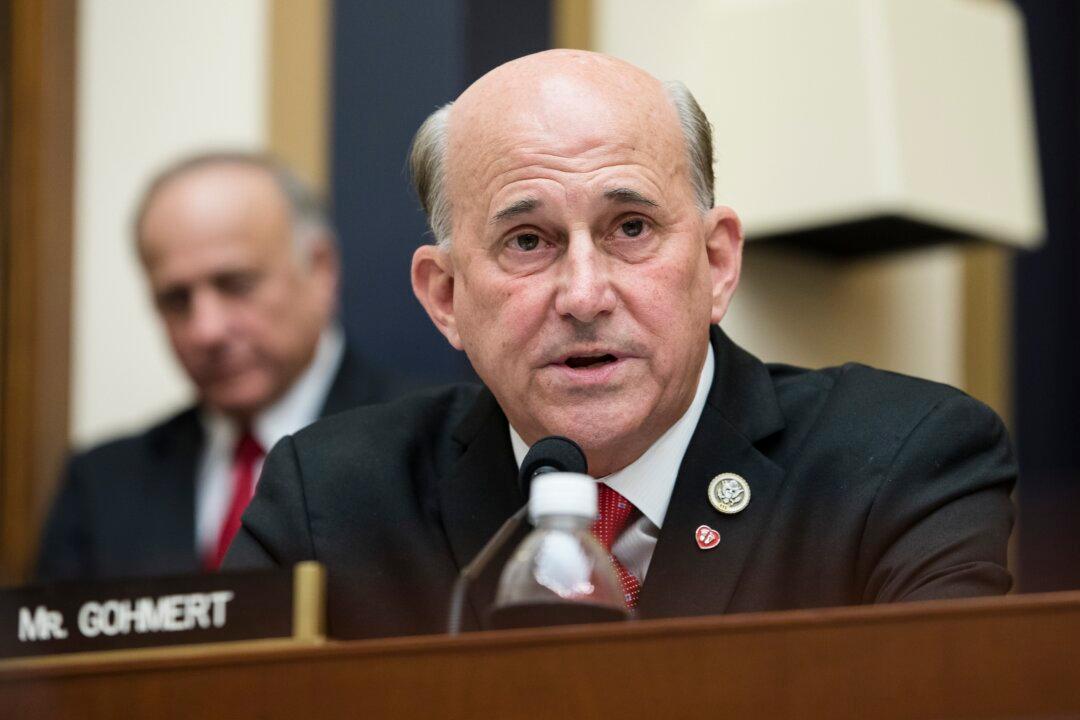Rep. Louie Gohmert (R-Tex.) said virtually all emails of former State Secretary Hillary Clinton were sent to a “foreign hostile power.”
He made the claim at a House committee hearing on July 12, where FBI agent Peter Strzok testified about his role in the counterintelligence probe of alleged ties between the Trump campaign and Russia.





